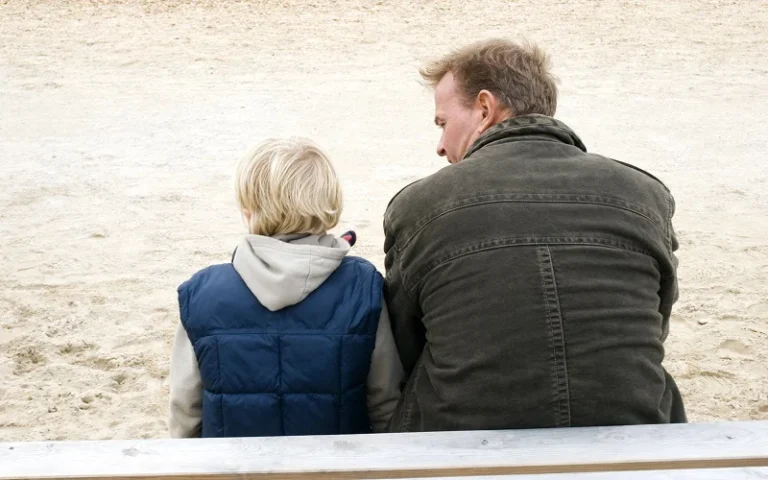
Court ordering children to be vaccinated against COVID-19
With the rollout of COVID-19 vaccinations for children in the back end of 2021, it is unsurprising that the Courts have been faced with the

With the rollout of COVID-19 vaccinations for children in the back end of 2021, it is unsurprising that the Courts have been faced with the

An Independent Children’s Lawyer (“ICL”) is a lawyer appointed in family law proceeding to represent the best interest of a child. When is an ICL

Family violence affects many Australians and is not limited to behaviour that would constitute as criminal. The Law Council of Australia has recently released a

Family law proceedings can take a considerable time to finalise and although reluctant, there are times when a Court is asked to make an order for

Sydney’s recent lockdown has been a challenging time for people from all walks of life. Many families have experienced financial hardship, the death or illness

A party to a marriage can make an Application for Divorce once they have been separated for a period of 12 months and 1 day. An Application for

Women in all walks of life are susceptible to domestic violence regardless of their financial status or postcode. Domestic violence can be perpetrated in a

Many parents who have been in a Parenting Dispute know the challenges that come with it. Since (what feels near pre-historic) early 2020, COVID-19 has

Engaging in a process to resolve family law disputes can be a dauting process. It is well known that matters taken to the Court are

The New Court: 1 September 2021 marked the commencement of the Federal Circuit and Family Court of Australia (the Court) which merged the Family Court of Australia

An inheritance refers to a gift, devise or bequest of property which a person may receive under the Will of a person who has died.

Family law, separation, divorce – they are all terms that many avoid and shy away from, but which 1 in 3 will face at some

In determining family law property disputes, a Court must consider each party’s contributions to the property pool. That requirement is set out in sections 79(4)

The safety of children is the highest priority of the Family Court and the Federal Circuit Court (the Courts). Any party who files an Initiating

Time and time again, we see the value in ensuring that Financial Agreements (commonly referred to as ‘prenups’) are entered into between parties with care,

The prevalence and detrimental impact of family violence has received much needed attention in the legal and public arena in recent years. Proposed changes to the

There is no doubt that the COVID-19 pandemic has raised some pretty tricky issues and dilemmas in family law. A common challenge is determining when it is

When it comes to any proceedings before the Family Court a failure to disclose – whether it be between the parties or in relation to

When a marriage or de facto relationship breaks down, some spouses find that it is practical, economic and easier on the children, to both continue

In a recent decision of the Family Court, a father succeeded in obtaining orders to set aside a Binding Child Support Agreement (BCSA) on the
© 2024 Coleman Greig Lawyers | Liability limited by a scheme approved under Professional Standards Legislation. ABN 73 125 176 230
| Cookie | Duration | Description |
|---|---|---|
| cookielawinfo-checkbox-analytics | 11 months | This cookie is set by GDPR Cookie Consent plugin. The cookie is used to store the user consent for the cookies in the category "Analytics". |
| cookielawinfo-checkbox-functional | 11 months | The cookie is set by GDPR cookie consent to record the user consent for the cookies in the category "Functional". |
| cookielawinfo-checkbox-necessary | 11 months | This cookie is set by GDPR Cookie Consent plugin. The cookies is used to store the user consent for the cookies in the category "Necessary". |
| cookielawinfo-checkbox-others | 11 months | This cookie is set by GDPR Cookie Consent plugin. The cookie is used to store the user consent for the cookies in the category "Other. |
| cookielawinfo-checkbox-performance | 11 months | This cookie is set by GDPR Cookie Consent plugin. The cookie is used to store the user consent for the cookies in the category "Performance". |
| viewed_cookie_policy | 11 months | The cookie is set by the GDPR Cookie Consent plugin and is used to store whether or not user has consented to the use of cookies. It does not store any personal data. |